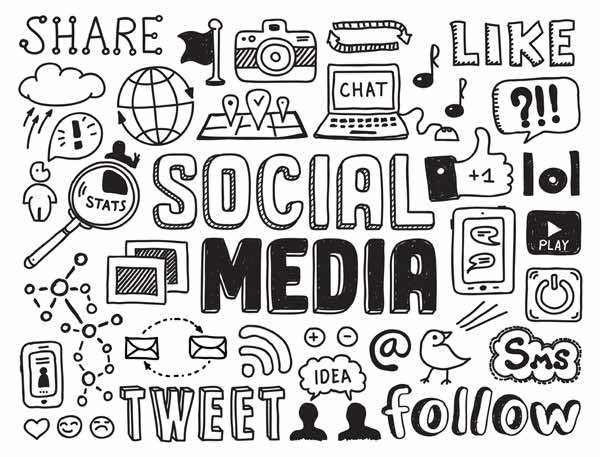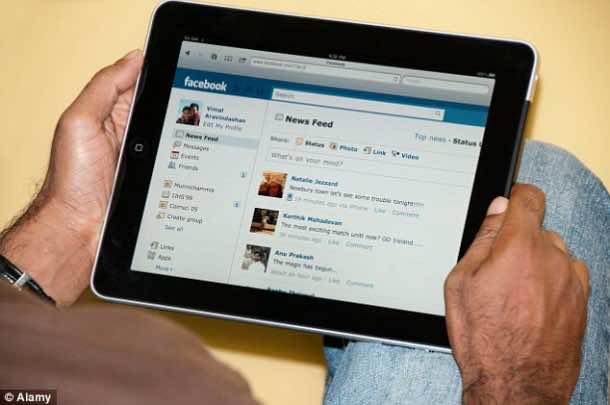There’s a possible psychological reason behind why we are so addicted to Facebook; our brains have evolved over thousands of years for making us the way we are. According to a leading psychologist, for millions of years and hundreds of generations, human brains were increasing in size until about 20,000 years ago they stopped and began to shrink. Professor Bruce Hood believes that this happened and is continuing to happen because human beings are becoming more and more domesticated.
Professor Bruce Hood is an award-winning American psychologist who suggests that the big-sized brains were necessary for dealing with the complex social situations that human beings had to deal with early on. However, as soon as the need to remain in the constant battle for survival ceased, the brains also began to shrink. As a result we have evolved into ‘natural gossips’ who require to engage with other folks and social media enables us to satiate this need on a much bigger scale.
He said, “The fact that many people have a compulsion to engage with lots of people via social media isn’t really that surprising. Our brains have evolved for us to be social animals. What’s interesting is that you might assume that the wider exposure to differing views that social media brings would make us all much more open-minded. What we see in reality of course is the opposite. People seem more likely to slot into niche groups of thought online than in real life.”
In his recent book, Domesticated Brain he speculates that the human brain started to shrink when we gave up hunting and became farmers since the brain didn’t have to outwit everyone around us and thereby opened up roads to higher thinking. This also marks the start of ‘group intelligence’ where knowledge began passing down the generations.
Professor Bruce Hood shall be speaking in detail about this as part of the Bristol Festival of Neuroscience later this month.


